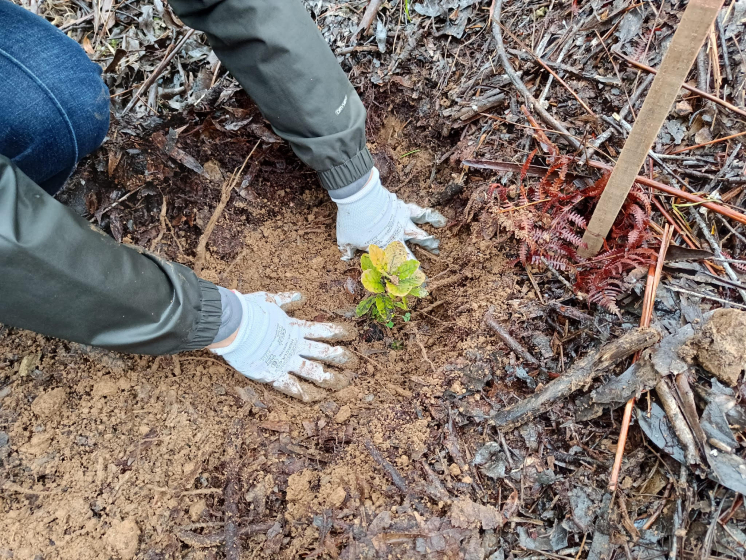News
VI Report(h)a - Book of abstracts
No mês de dezembro decorreu mais um encontro da Report(H)a, desta vez acolhidos pelo CITCEM.
O encontro contou com as comunicações de mais de 30 investigadores e as palestras dos especialistas Marcus Hall (University of Zurich ) e Tim Soens (University of Antwerp).
Agradecemos a todos aqueles que contribuíram para um evento científico de excelência e convidamos a que consultem a publicação do livro de resumos, acessível em:
Partilhamos também a ligação para um filme documental sobre as Serras do Porto, local da visita de campo, onde fomos muito bem acolhidos por Manuel Miranda Fernandes:
https://www.
................................................................................................................................
In December, another Report(H)a meeting took place, this time hosted by CITCEM.
The meeting featured presentations by more than 30 researchers and lectures by experts Marcus Hall (University of Zurich) and Tim Soens (University of Antwerp).
We would like to thank everyone who contributed to this excellent scientific event and invite you to consult the publication of the book of abstracts, available at:
We also share the link to a documentary film about the Serras do Porto, the location of the field trip, where we were warmly welcomed by Manuel Miranda Fernandes:
https://www.






